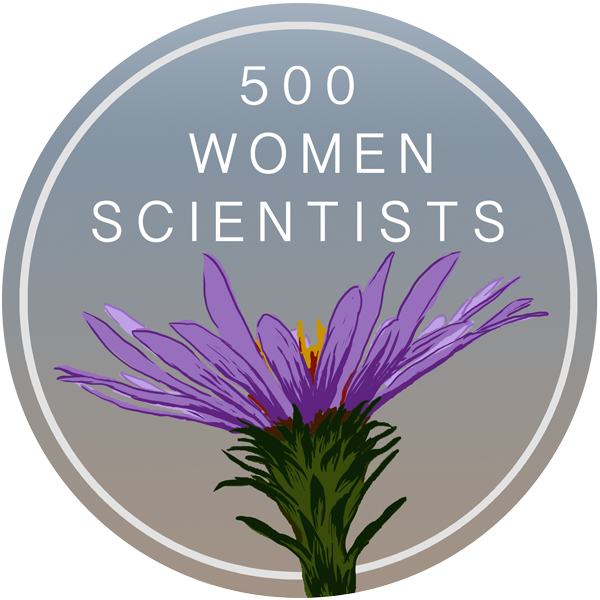There is a deep well of resources available to scientists interested in becoming involved in science policy advocacy. Instead of reinventing the wheel, we’ve consolidated a variety of databases and websites that provide a wealth of information for groups at all stages.
ESEP's Database for Global Opportunities
A vast database managed by the Engaging Scientists and Engineers in Policy, with an expansive collection of resources ranging from degree programs, fellowships, internships, professional networks and more!
Union of Concerned Scientists
An additional resource is the Union of Concerned Scientists, which contains a wealth of information on policy activism through their Scientist Advocacy Toolkit.
#ScienceRising
The UCS is also behind the #ScienceRising initiative — a calendar and map showing various advocacy events taking place across the country.
Journal of Science Policy and Governance
The Journal of Science Policy and Governance (JSPG) is an independent, open-access peer review publication managed by and for students, policy fellows and young scholars in science, technology and innovation policy. They are a collaborative partner with NSPN for the 2018 international memo writing competition.
Intersectional Groups
NSPG is committed to supporting the inclusion of all members of the science community. Below is a list of organizations advocating for a variety of groups. You can check regional hubs for local groups as well:
500 Women Scientists
500 Women Scientists is a 501(c)3 organization with a mission to serve society by making science open, inclusive, and accessible. You can get involved by joining one of their over 250 local pods (or chapters) around the world, which serve as hubs for local organizing and action. You can also request a scientist for an event or panel with their database of over 5,000 women in STEM experts.
Ciencia Puerto Rico
Ciencia Puerto Rico (CienciaPR) is a nonprofit organization composed of scientists, professionals, students and citizens committed to the advancement of science in Puerto Rico and with promoting science communication, science education, and scientific careers.
Fellowships
There are several key fellowships that provide essential experiences for scientists interested in becoming more involved in policy. This includes:
The AAAS Science and Technology Policy Fellowship (1-2 years)
The Presidential Management Fellowship
The Mirzayan Fellowship (3 months):
Science Diplomacy
Center for Science Diplomacy
The AAAS Center for Science Diplomacy offers a wealth of resources related to the field. A highlight to keep track of is their annual Science Diplomacy Conference (next one is September 2018)
Internal Policy
Future of Research
The Future of Research mission is to “to champion, engage and empower early career scientists with evidence-based resources to improve the scientific research endeavor.” They are a strong voice for policy reform within the scientific community, working on items such as fair labor standards for post-doctoral scientists, and collaborating with census bureau to analyze the biomedical workforce.
NAS Report: Graduate STEM Education for the 21st Century
No discussion on reform within the scientific community will be complete without including graduate education. The NAS 2018 report on the matter that will likely be a benchmark for years to come.
Advocacy and Activism
The Indivisible Guide: A fantastic resource for grassroots activism, the guide is a how-to for advocating to congressional offices.








